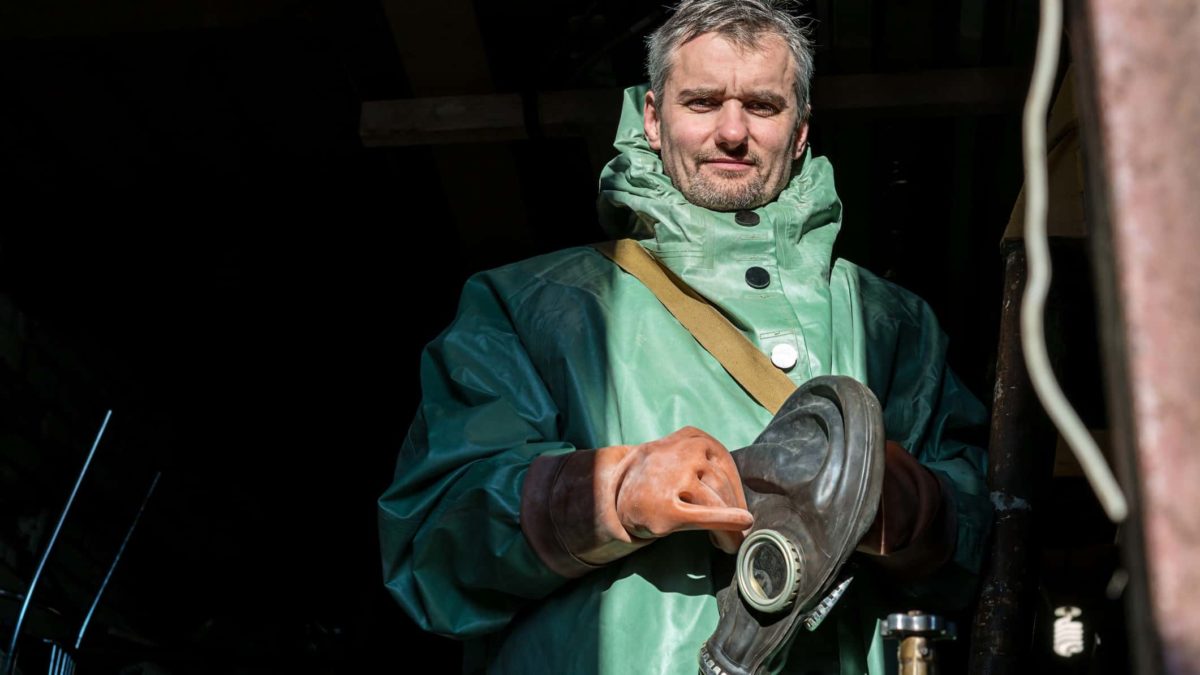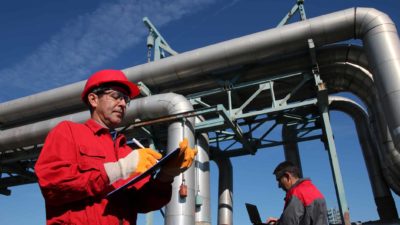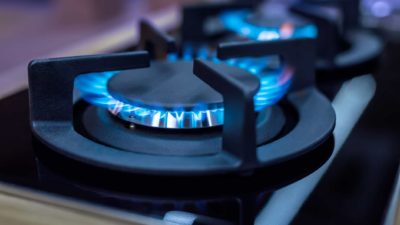ASX uranium shares enjoyed another strong run higher on Tuesday.
Meanwhile, by close of trade, the All Ordinaries Index (ASX: XAO) had given up its earlier gains and finished the session down by 0.26%. Despite it being widely expected, the dip came following confirmation from the RBA that it has raised interest rates by 0.5%
But this didn't seem to faze these leading ASX uranium shares which concluded Tuesday's session as follows:
- Boss Energy Ltd (ASX: BOE) shares up 7.31% to $2.79
- Paladin Energy Ltd (ASX: PDN) shares up 7.78% to 90 cents
- Bannerman Energy Ltd (ASX: BMN) shares up 8.29% to $2.35
- Deep Yellow Ltd (ASX: DYL) shares up 6.8% to $1.10
- Alligator Energy Ltd (ASX: AGE) shares up 6.25% to 6.8 cents
That's some impressive performance today. But what's the outlook for ASX uranium shares moving forward?
What's the outlook for ASX uranium shares in September?
All the companies named above are also well up since this time last month.
While there are no guarantees as to how share prices will move over the rest of September, arguably the foundations are being laid to support strong and rising global demand for uranium. This should, in theory, support the miners longer term.
Just two weeks ago, Japan's government announced it will investigate the development of next-generation nuclear power plants and reopen seven currently shuttered plants.
As you might expect, ASX uranium shares rocketed higher following the announcement.
And Japan is far from the only nation looking to ramp up its nuclear power generation.
Global energy crisis spurs nuclear power ambitions
With the world facing a global energy crisis, exacerbated by Russia's invasion of Ukraine, countries around the world are extending the lives of existing reactors or rolling out plans to build new ones.
Those nations include India, Germany, Belgium, and France.
As reported by the Financial Times, France's state-controlled energy company, EDF, is moving to restart 32 of the nation's reactors that have been taken offline for maintenance. That represents more than half of France's 56 nuclear plants.
French energy minister Agnès Pannier-Runacher said, "EDF has committed to restarting all its reactors for this winter."
Reactors, of course, require uranium.
Today, Kazakhstan produces more than 40% of the global uranium. Australia lags far behind in production, though Australia has at least 25% of the world's proven uranium resources.
As more nations turn to nuclear power for their baseload generation, investors will be hoping this creates some long-term tailwinds for ASX uranium shares.









